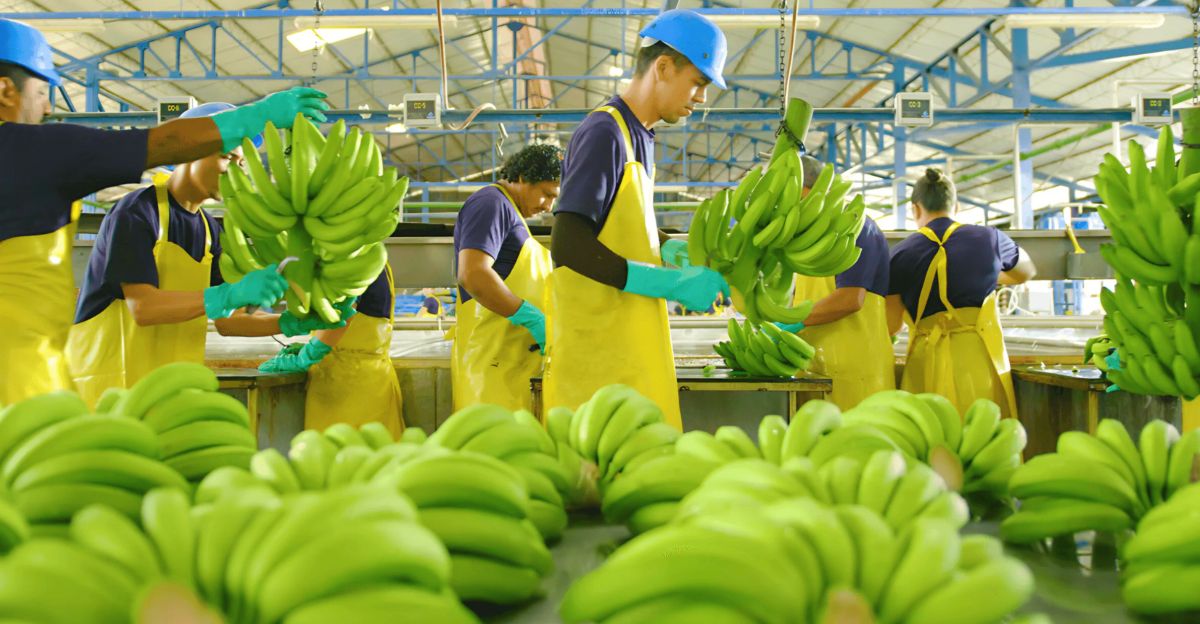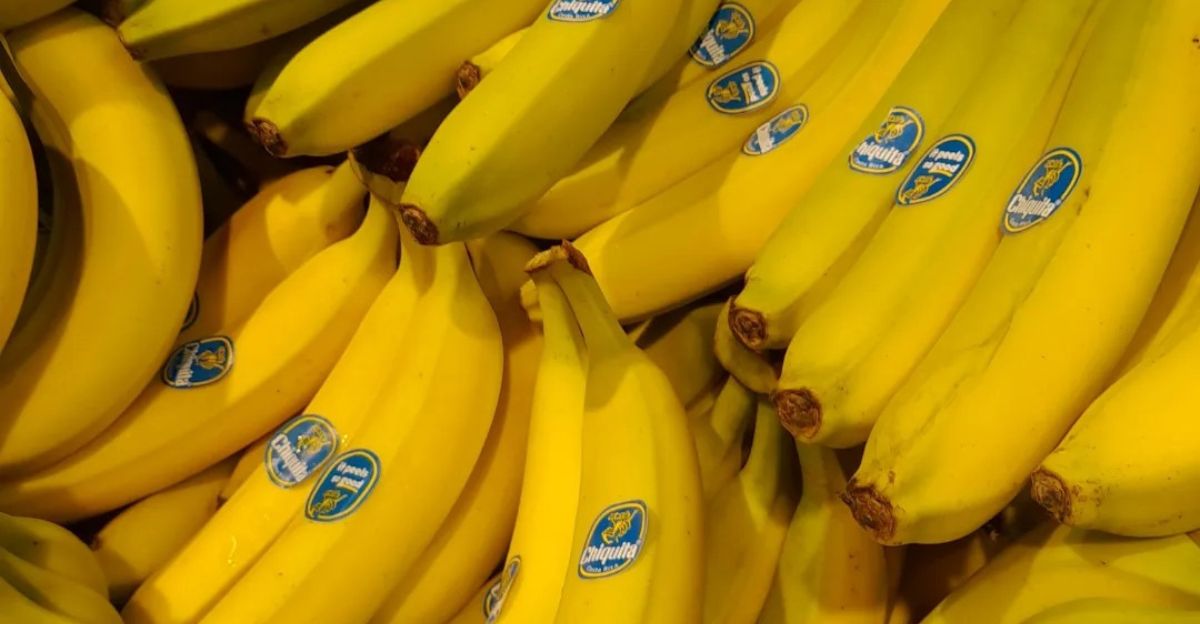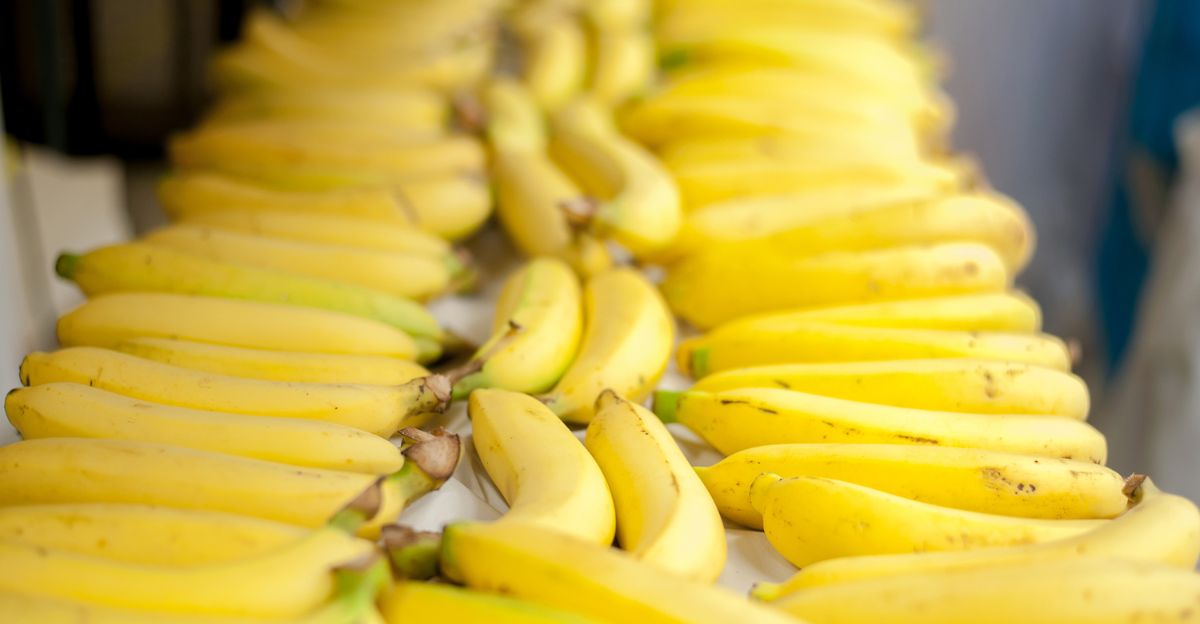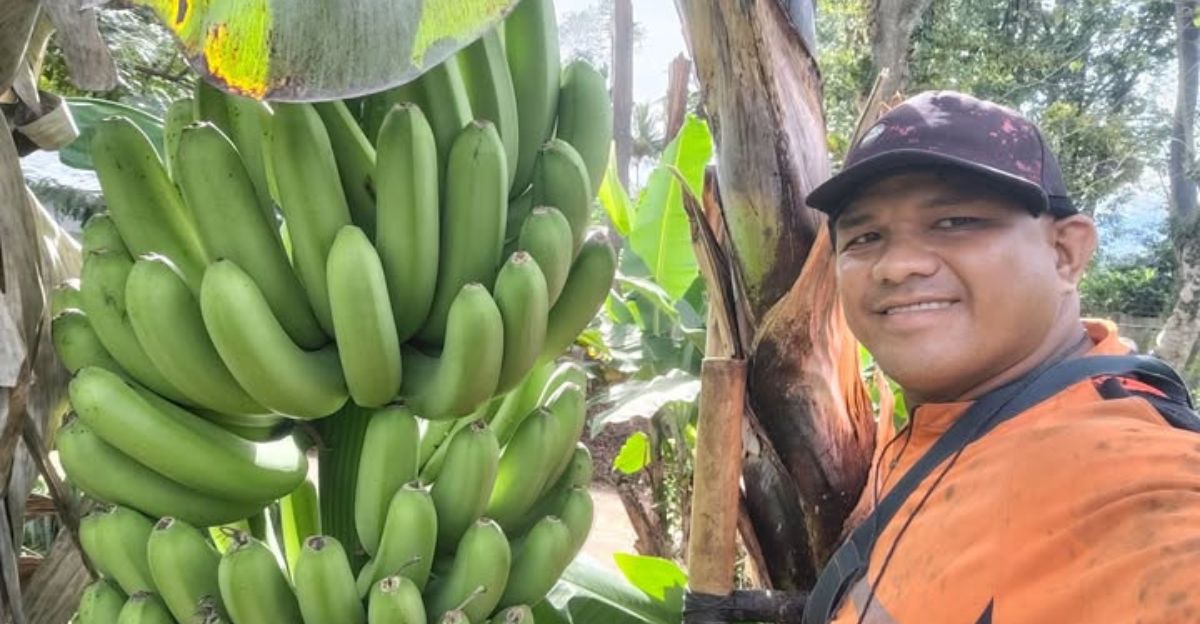
Chiquita is one of the world’s largest banana exporters and has made quite a name for itself over the years. A recent shockwave was sent through the community when more than 6,000 workers in Panama lost their main source of income. This unprecedented decision follows weeks of labor unrest, strikes over pension reforms, and mounting financial losses, with Chiquita’s operations in the lush Bocas del Toro province coming to a complete halt.
Bananas are one of Panama’s top exports, and these mass layoffs threaten the livelihoods of thousands of families and raise serious questions about the region’s economic impact.
The Importance of Bananas to Panama

Bananas have long been one of Panama’s main exports, supporting thousands of families nationwide. Bananas consistently generate significant revenue, with export values reaching nearly 20,000,000 Panamanian balboas in late 2024 alone. In rural regions like Bocas del Toro, entire communities depend on banana plantations for jobs and infrastructure.
Companies like Chiquita have been more than just international exporters; they have helped build entire communities and sustain thousands of families for years.
Pension Reform and Worker Unrest

This bitter dispute started when pension reforms were introduced under Law 462, which workers feared would slash their retirement benefits and undermine long-standing labor protections. On April 28, 2025, thousands of banana workers in Bocas del Toro launched a strike, blocking roads and paralyzing the region’s economic activity in protest against the new legislation.
Despite government claims that the strike was illegal, workers remained resolute, demanding the restoration of their original pension rights and refusing to return to work until their grievances were addressed. “We don’t know how to explain to them [the unions] the enormous damage their intransigence is causing,” said Panamanian President José Raúl Mulino.
The Strike and Its Consequences

What started as a small strike quickly escalated into a full-blown crisis, costing the company millions of dollars in losses. Workers’ road blockades and protests halted banana production, disrupted transportation, closed schools, and caused fuel and essential goods shortages.
After losses exceeded $75 million, the company laid off employees due to the “irreversible damage” they had suffered. The government declared a state of emergency in Bocas del Toro, but tensions remained high as union leaders were arrested and clashes between protesters and police continued. The province also suffered a severe loss during these protests, affecting the economy in the long term.
The Scale of the Layoffs

Chiquita laid off over 6,500 employees and halted all activities in Bocas del Toro. This decision affected laborers, administrative, and support staff, shutting down one of the region’s largest employers. Chiquita’s workforce in Panama accounted for the vast majority of banana industry jobs in the province, and the loss of these positions has sent shockwaves through local communities, where entire families and towns depend on banana production for their livelihoods.
Government Intervention and Mediation

The Panamanian government took a central role in mediating between Chiquita, the striking workers, and local communities. President José Raúl Mulino declared the strike illegal and initially refused to reverse the controversial pension reforms. The administration enlisted prominent religious leaders, including Archbishop José Domingo Ulloa and Rabbi Gustavo Kraselnik, to act as intermediaries, delivering messages and facilitating negotiations between union leaders and government officials.
Despite these efforts, tensions remained high, with the arrest of union leader Francisco Smith and other groups’ continued protests highlighting the truce’s fragile nature and ongoing challenges.
Economic Fallout for Panama

The mass layoffs at Chiquita have triggered a severe economic crisis for Panama, particularly in the Bocas del Toro region. The company controlled 90% of banana production and provided most local employment. Banana exports accounted for 17.5% of Panama’s total foreign sales and generated over $324 million in the first quarter of 2025 alone.
The sudden halt in production and exports has left a gaping hole in the national economy. Over 1,600 shipping containers of bananas remain stranded, and the local economy is starting to feel the effects.
The Global Impact

With Panama serving as a key export hub, especially for North American and European markets, the sudden halt in production has already led to tighter supplies and rising prices in grocery stores, particularly in the United States and Europe.
Retailers are scrambling to source bananas from other major producers like Ecuador, Colombia, and Costa Rica. However, these countries are also struggling with their own export challenges, making distribution even harder. Shoppers may notice fewer Chiquita bananas on store shelves and higher prices, while alternative brands from Ecuador and Colombia become more prominent.
The Agreement and Its Limitations

After endless protests and fights for their rights, the Panamanian National Assembly pledged to urgently debate and pass a bill restoring key pension benefits for banana workers to try to restore peace in the province. However, these agreements don’t guarantee the reinstatement of the more than 6,500 workers who lost their jobs during the crisis.
The agreement also requested Chiquita to determine the company’s future intentions. However, as of mid-June 2025, Chiquita has not committed to resuming operations or rehiring dismissed employees, leaving thousands of families in limbo. While workers’ futures are still unknown, some legal protections have been restored, and immediate unrest has been settled.
What Does The Future Hold?

For many people in Panama, their futures are still unknown, and the economy has taken quite a toll after recent events. These recent events showed just how important it is for companies to stay transparent with their staff and the necessity of balancing economic reforms with the protection of workers’ rights.
Affected communities are rallying for investment in education, infrastructure, and alternative industries to reduce dependence on bananas and build a more sustainable future. The world can only watch as they hope for justice and a sustainable solution for these workers.
Discover more DIY hacks and style inspo- Follow us to keep the glow-up coming to your feed!

Love content like this? Tap Follow at the top of the page to stay in the loop with the latest beauty trends, DIY tips, and style inspo. Don’t forget to share your thoughts in the comments — we love hearing from you!